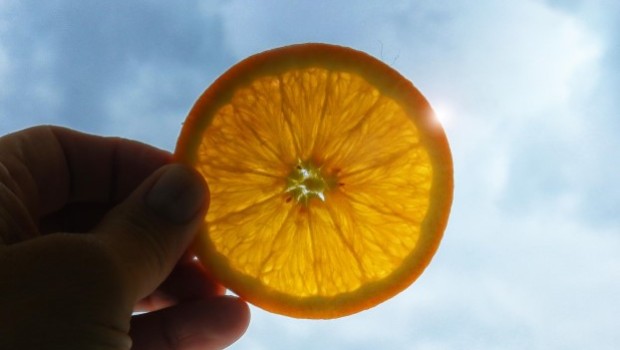Eat Your Way to Holiness
Tragedies often leave us bewildered and disaffected. But Torah offers profound lessons in the wake of seemingly inexplicable tragedy. In parashat Shemini, the text details eight days of dedication ceremonies for the beautiful new mishkan, God’s tangible abode, including lots of animal sacrifices. At its end, the oldest sons of the High Priest, Aaron, make one more offering beyond what was expected or required resulting in their being “zapped.”
In commenting, God (Leviticus 10:3) says, “those who are close will sanctify me, and before all of the people I will be honored.” Nadav and Abihu, by virtue of their role as priests are seemingly closest to God. We would assume that their rituals sanctify God. However, they are overly zealous, drunken with ceremony, and are eliminated.
Immediately following the death of Nadav and Abihu, the text describes which animals are kosher to eat. At first blush, the shift from Nadav and Abihu’s death seems obtuse. We hardly have a chance to comprehend how two leaders are consumed by holy flame and then we are instructed in dietary laws. Upon second glance, we are offered an important lesson.
The rules of what to eat are a contrast to the preceding detailed instruction about building ornate structures and then a parade of animals sacrificed in dedication. The common element is kedusha or holiness. Sometimes we need the pageantry to refocus us toward what is holy. However, holiness is an every day thing. Each day as we choose what we eat, we have a regular opportunity to bring holiness into our lives.
There is an important parallel between this text and the current trend in Judaism. When 20th century Judaism in America shifted the locus of holiness to the bimah in synagogues and clergy as our surrogates, we set Judaism on a dangerous course. American Jews were concerned with construction of buildings and became bystanders to the rituals and services. We abdicated being a nation of priests, and left it to a few leaders to serve God.
The shift taught in this Parasha is to seek holiness in our most everyday choices. To achieve its value, Judaism must be exercised as a regular, personal practice. We cannot handover our spiritual lives to our leaders. Rather, we must remember that our partner in holiness is God and God is honored by what each of us does in the most ordinary of moments. . . like making choices in eating. And its not just kosher, but selecting what is good for our bodies and how the sources of our food have been tended. When it comes to holiness, we must be active participants each day in the most ordinary of ways so we can honor God.
Rabbi Evan J. Krame, inspired by Bat Mitzvah Lilah Katz






 Evan J. Krame was ordained as a rabbi by the
Evan J. Krame was ordained as a rabbi by the